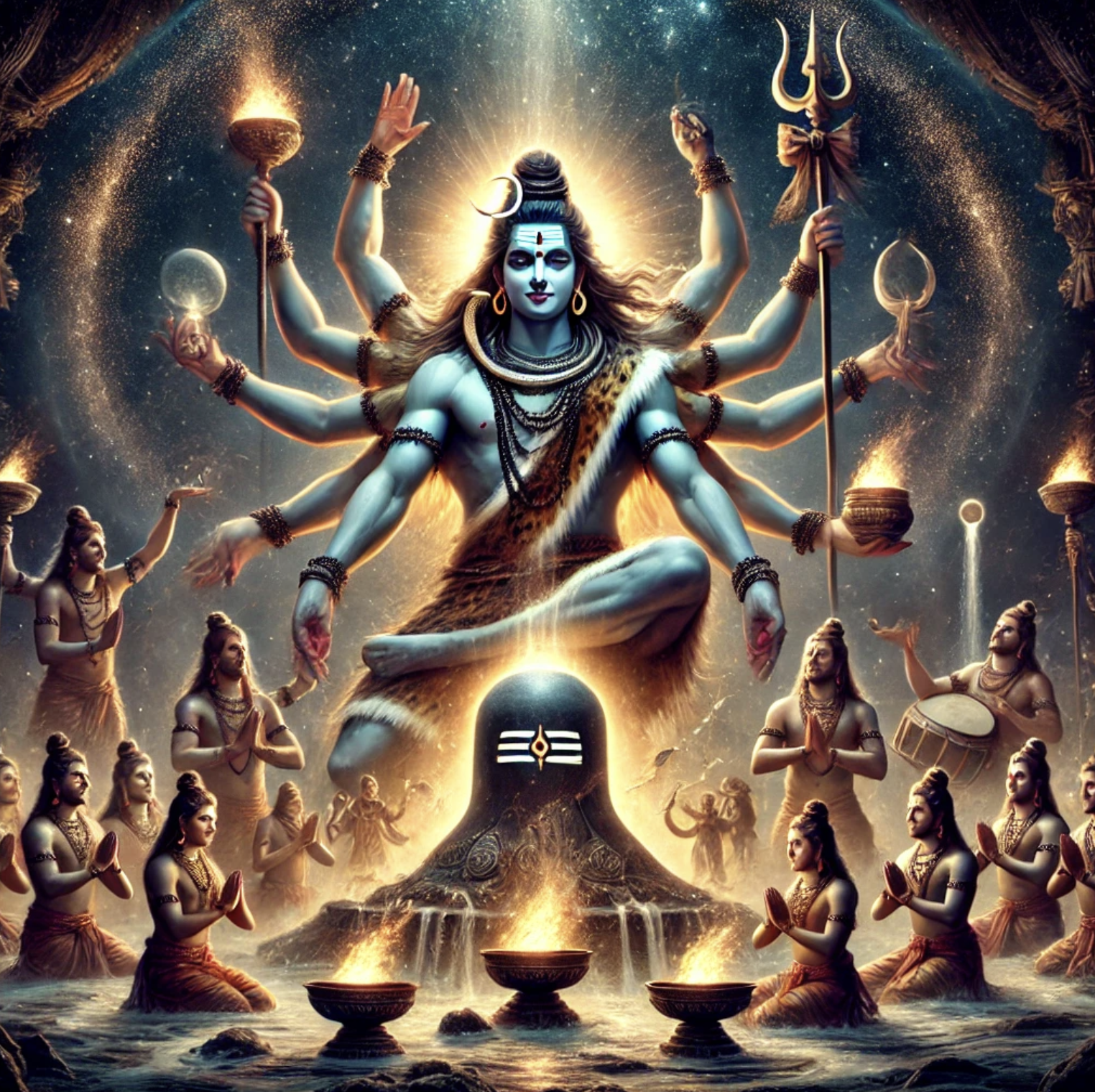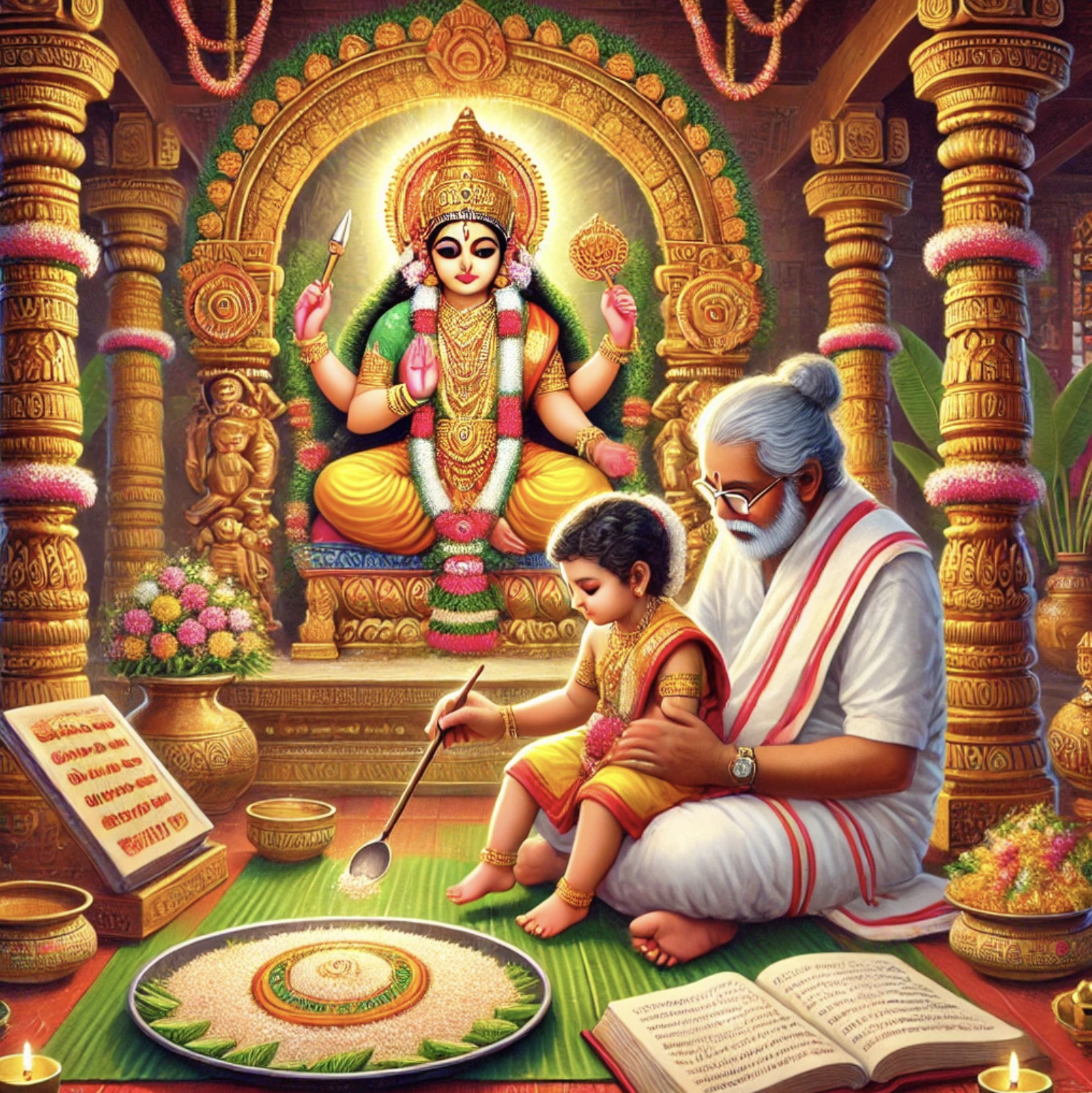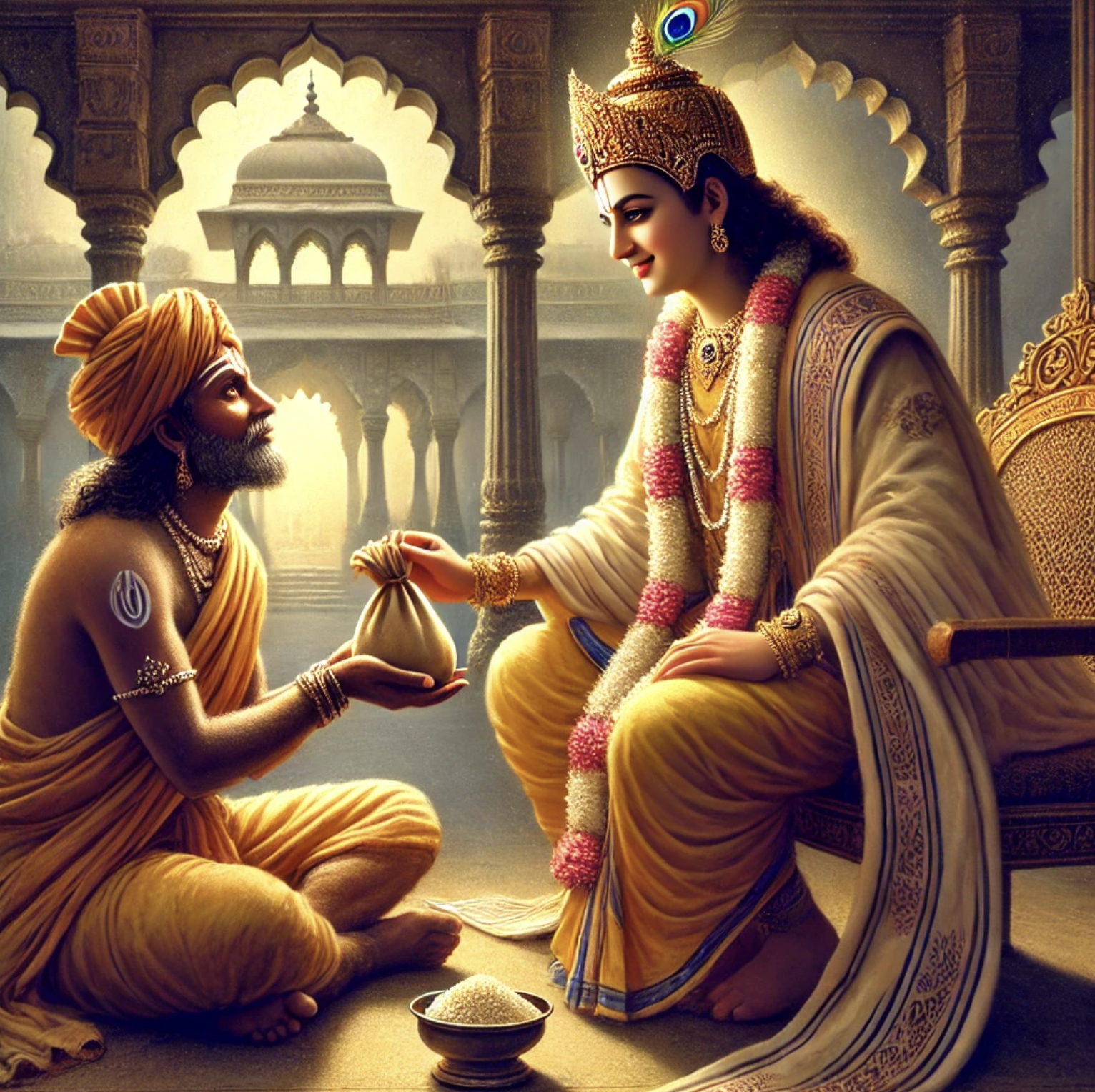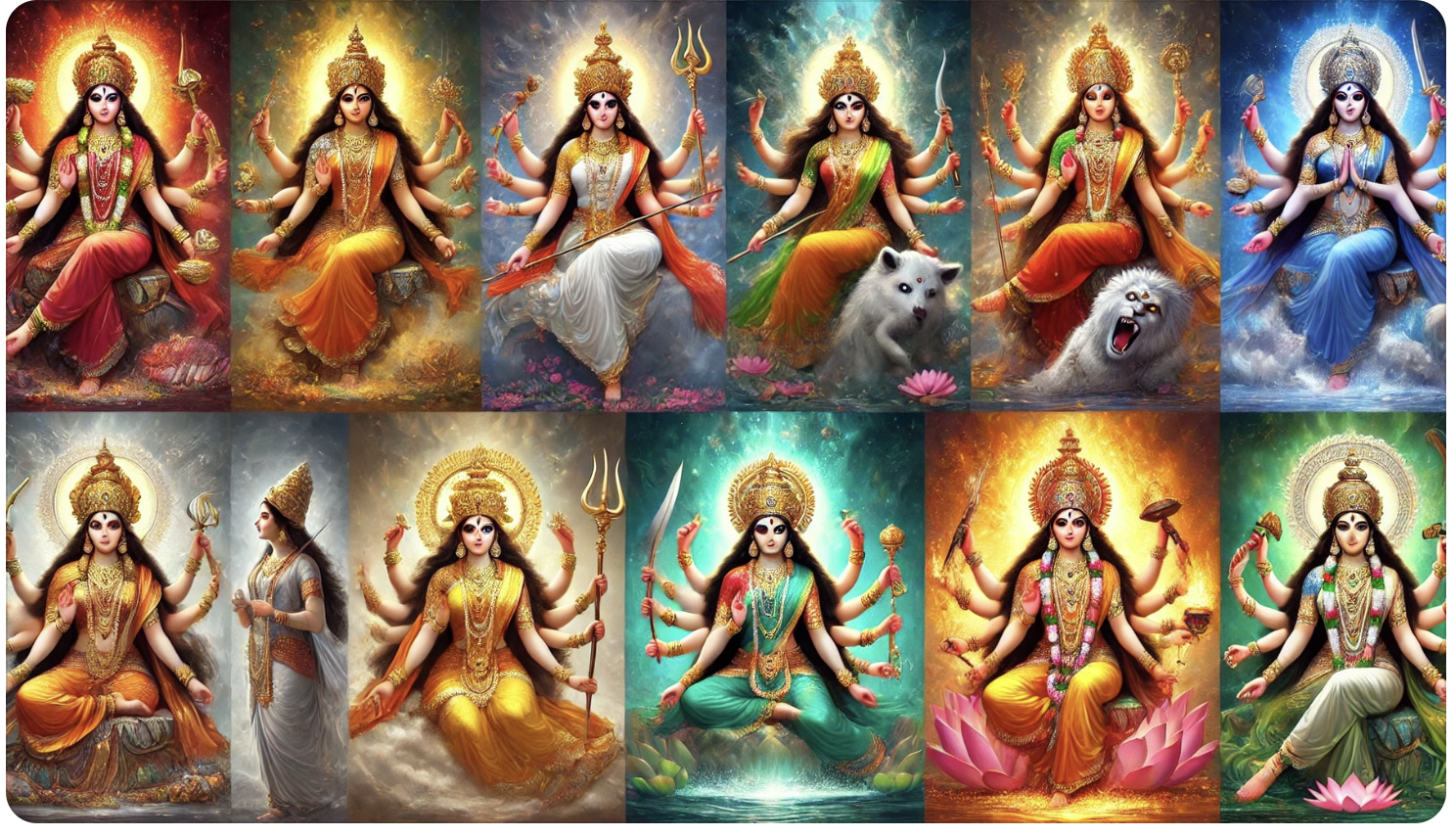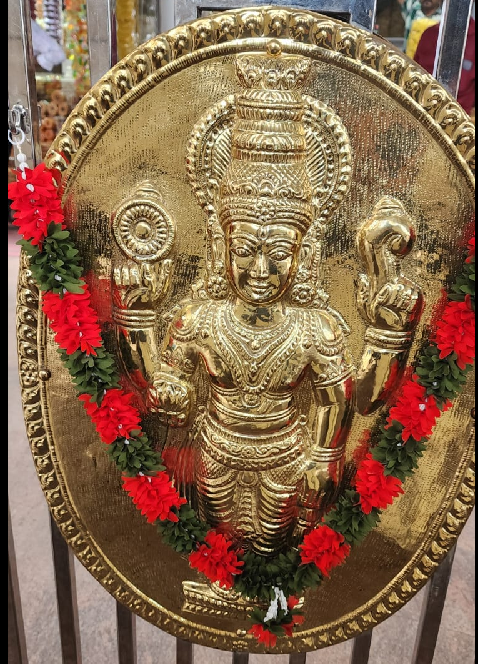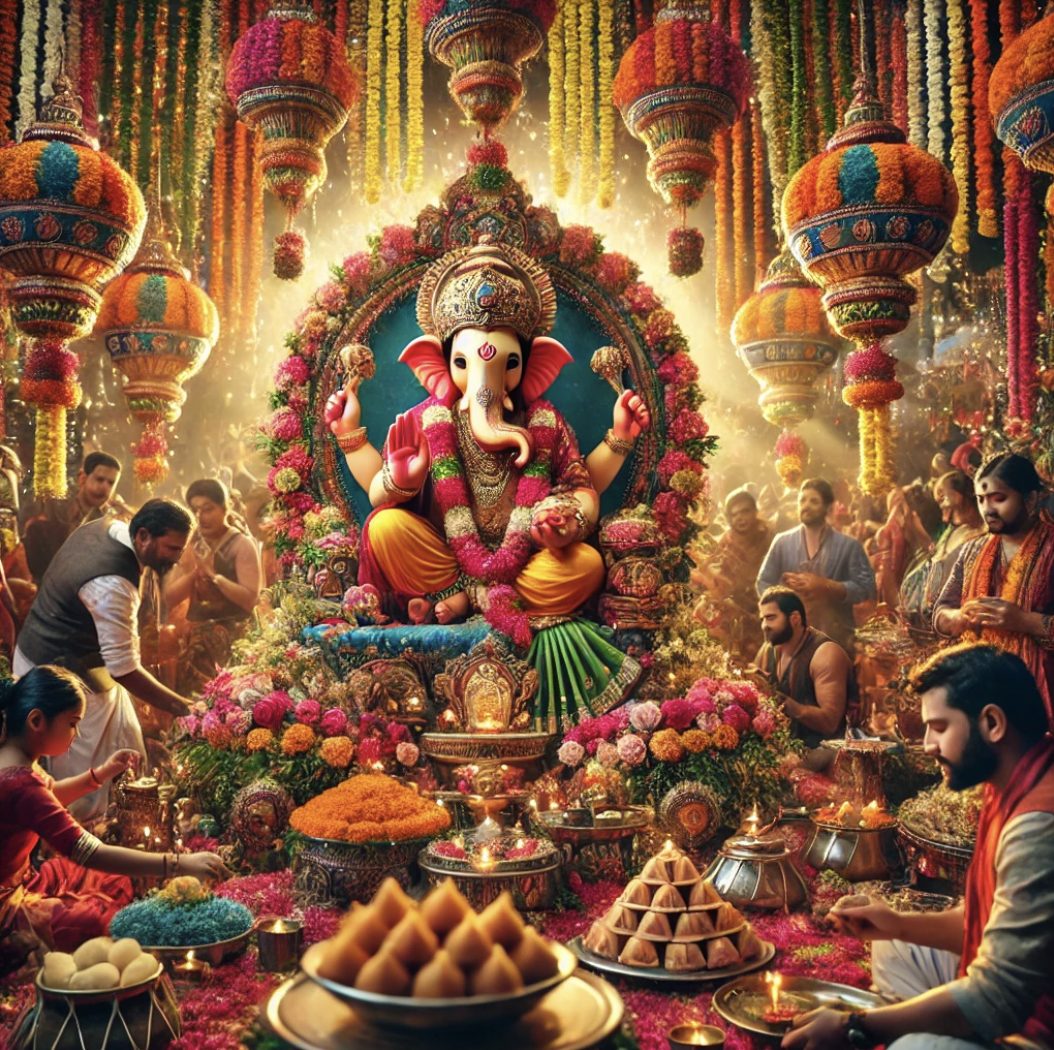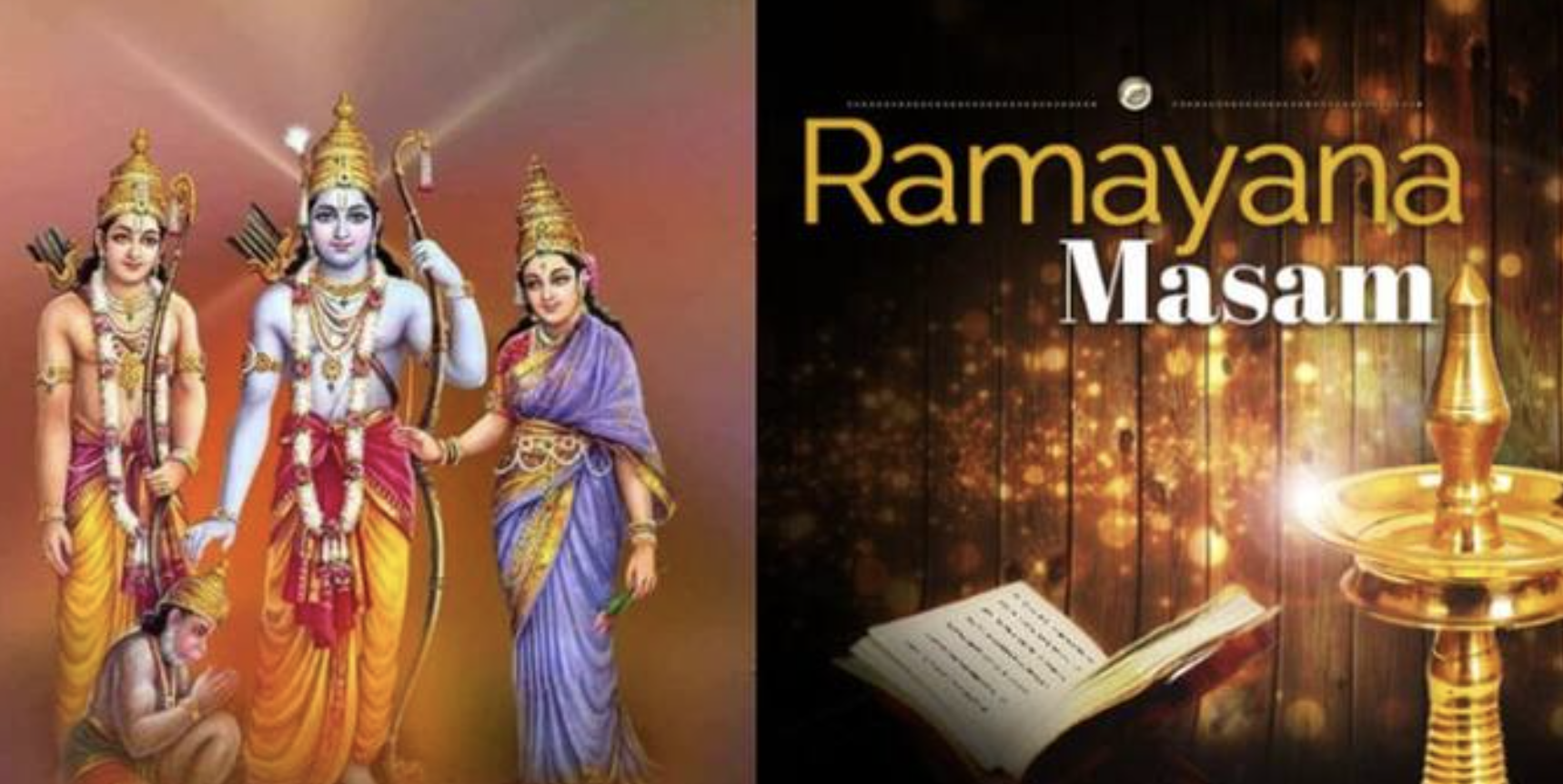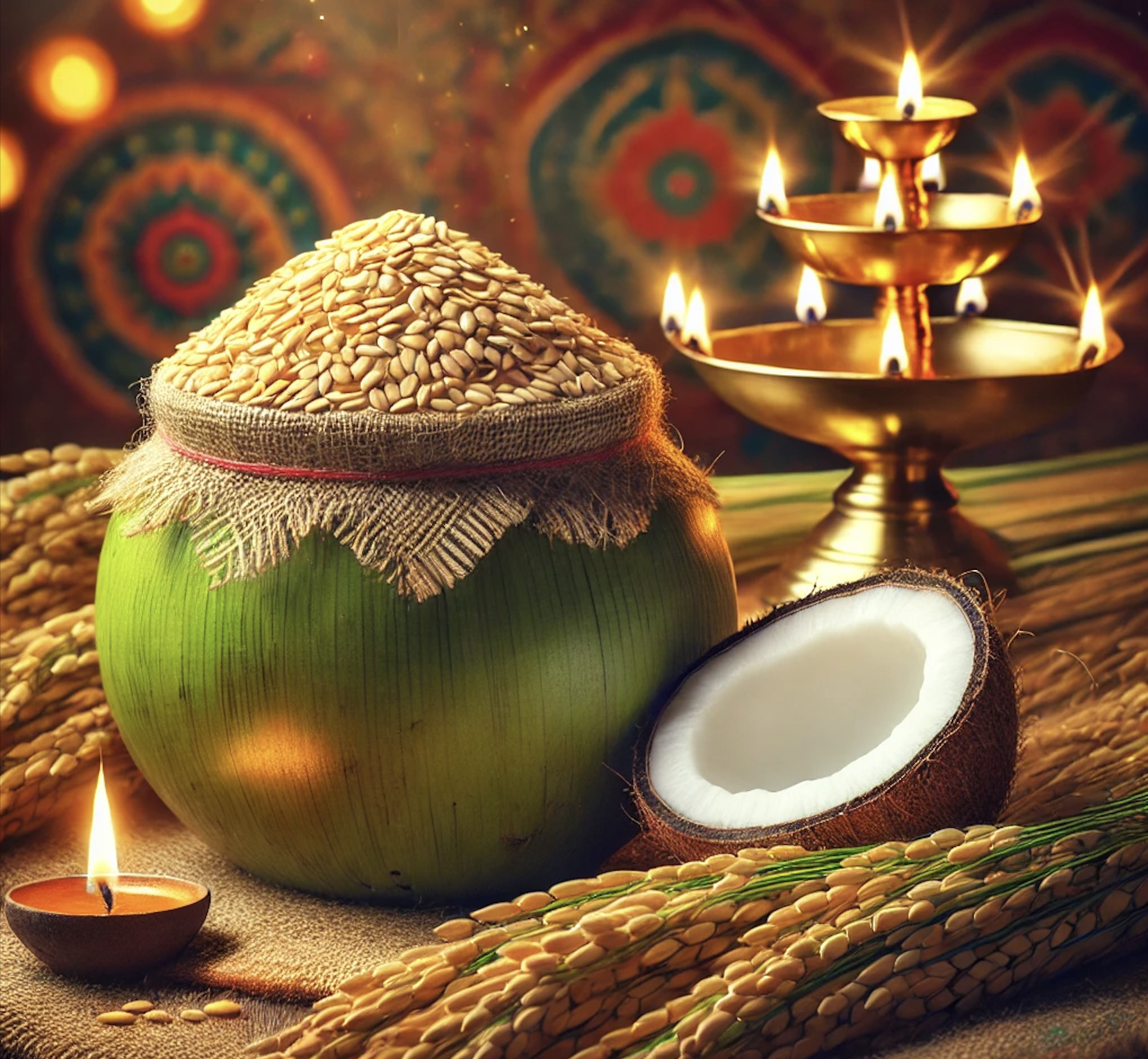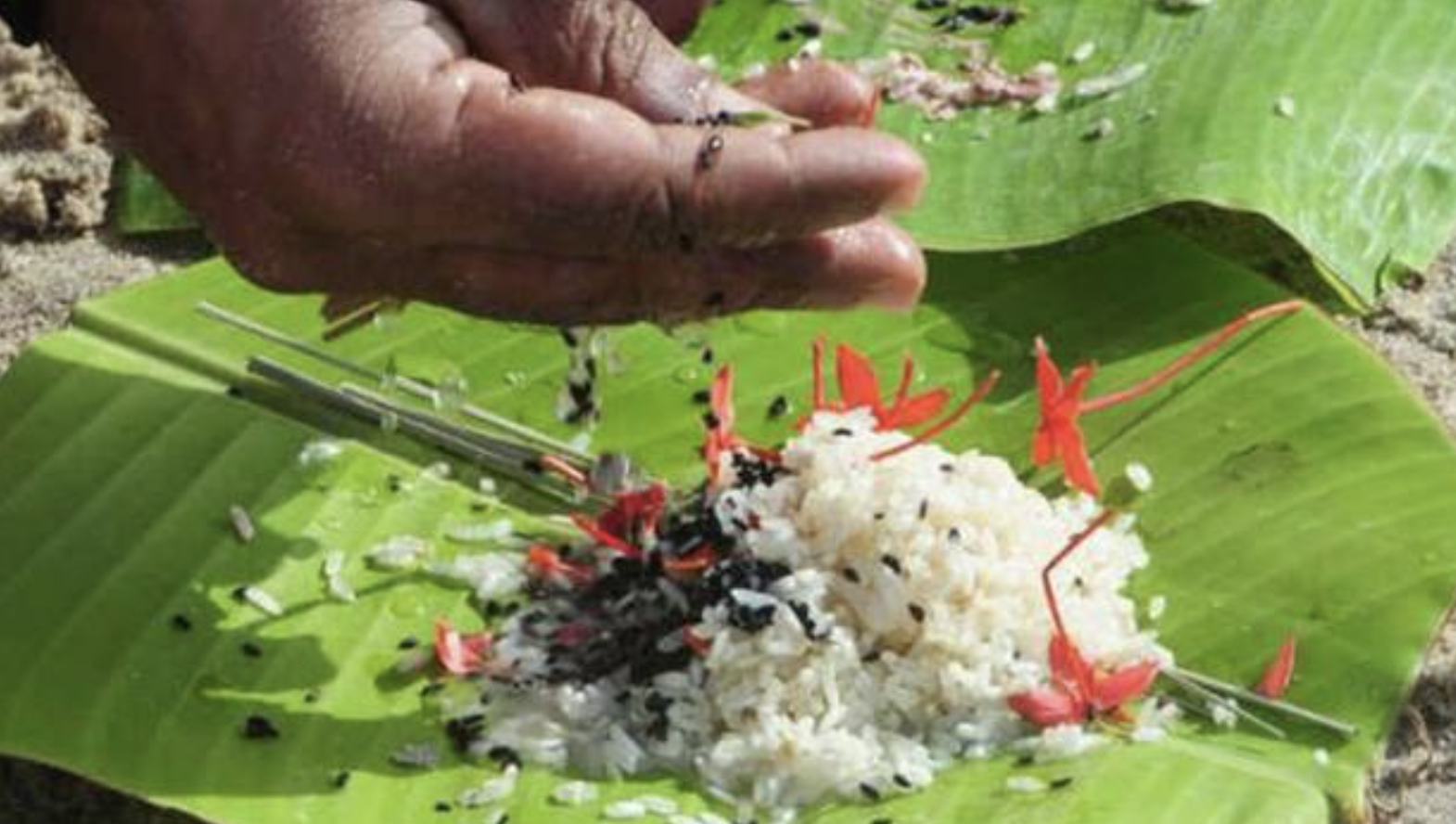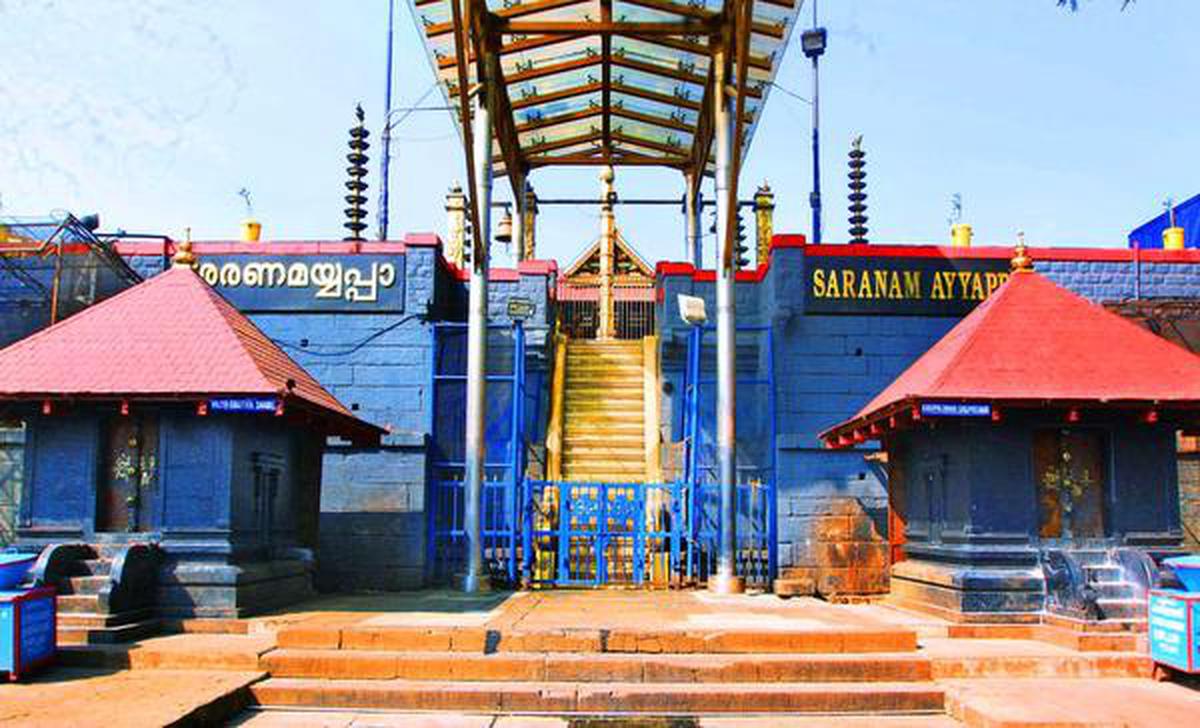
Nov 16, 2025
Mandala Pooja
Ayyappa Mandala Pooja is a sacred festival celebrated by the devotees of Lord Ayyappa, one of the most revered deities in South India. The festival is observed during the 41-day Mandalam season, which starts on the first day of the Malayalam month Vrishchikam (usually in November) and ends with the Makaravilakku festival in January. This festival is celebrated with great devotion and enthusiasm in Kerala, Tamil Nadu, Andhra Pradesh and other parts of India and is an occasion for spiritual upliftment and purification.
The Ayyappa Mandala Pooja involves a rigorous 41-day period of abstinence, which includes following a strict vegetarian diet, abstaining from alcohol and tobacco, and maintaining celibacy. The devotees undertake a pilgrimage to the Ayyappa Sannidhi with Irumudi Kettu within the Guruvayurappan temple.
During the Mandala Pooja season, many devotees perform daily bhajans in front of the Ayyappa sannidhi. Bhajans are devotional songs that are sung in praise of the deity and are an integral part of the Ayyappa Mandala Pooja. These songs are often accompanied by musical instruments such as the tabla, Key Board, and they create a spiritual atmosphere that helps the devotees connect with the divine.
Another important aspect of the Ayyappa Mandala Pooja is the Padi Pooja. The Padi Pooja is a ritualistic offering of flowers, rice, and other items to the 18 holy steps that lead to the sanctum sanctorum of the temple. The steps are considered to be sacred and are believed to represent the 18 stages of spiritual evolution that a devotee must go through to attain enlightenment. The Padi Pooja is performed every evening during the Mandala Pooja season, and it is a powerful ritual that helps the devotees purify their minds and souls. The 18 holy steps at the Sabarimala temple in Kerala, India, hold great religious significance for the devotees of Lord Ayyappa. According to the legend, Lord Ayyappa meditated on the hill of Sabarimala and attained enlightenment, and the 18 steps are believed to represent the 18 hills surrounding the temple.
For the devotees, climbing the 18 steps is a sacred ritual that helps them detach from worldly desires and attain a higher level of spiritual consciousness. The steps are divided into different categories, each representing a specific aspect of the spiritual journey.
The 18 steps have considerable religious significance. Devotees believe that ascending these steps helps detach them from worldly desires, mentally and physically.
The first five steps are called panchedriyas: They symbolise the five human senses of sight, sound, smell, taste and touch.
Next come the eight steps of the ashtaragas. These signify emotions: Krodh (anger), kama (love), lobh (greed), moh (lust), asooya (jealousy), dhoombh (boastfulness), madha (unhealthy competition) and maltsarya (pride). It is believed that climbing up the steps while chanting helps control emotions that cause pain in the world.
The trigunas, the next three steps, stand for three human qualities, satva (goodness or purity), rajas (passion) and tamas (inertia or dullness).
The last two steps represent vidya (knowledge) and its opposite, avidya (ignorance).
The 18 steps are a powerful reminder to the devotees of the importance of self-control, detachment, and spiritual purity in their lives. By ascending these steps, the devotees seek to purify their mind and body and attain a higher level of consciousness.
Annadanam, or the practice of offering free food to the devotees, is another important aspect of the Ayyappa Mandala Pooja. Many Ayyappa temples offer free meals to the devotees during the festival season, and this practice is considered to be a form of seva, or selfless service, to the community. The annadanam is a way of spreading love and compassion, and it helps the devotees develop a sense of unity and brotherhood.
The Ayyappa Mandala Pooja is a time of great spiritual significance and is an opportunity for the devotees to deepen their connection with Lord Ayyappa. The festival is not just about following rituals and customs but is also about cultivating a sense of devotion, humility, and gratitude. The rigorous 41-day period of abstinence and the challenging pilgrimage to the Sabarimala temple are meant to purify the mind and body of the devotees and help them attain spiritual elevation.
The Ayyappa Mandala Pooja is a festival that is rich in tradition and spiritual significance. It is a time for the devotees to connect with the divine, purify their minds and bodies, and spread love and compassion to others. The daily bhajans, Padi Pooja, and annadanam are important aspects of the festival and help the devotees deepen their understanding of the teachings of Lord Ayyappa. The festival is a celebration of faith, unity, and brotherhood and is an occasion for the devotees to seek the blessings of Lord Ayyappa for prosperity, good health, and spiritual enlightenment.

